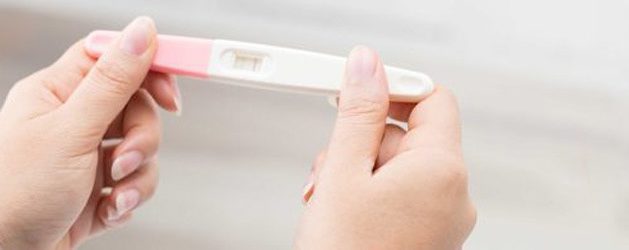Top tips to improve your fertility

If you and your partner are in good health, there’s a good chance that you can conceive naturally. Making a few changes can have a big impact on enhancing your fertility and increasing your chances to conceive. Here are a few tips to help you get started.
Fertility is your ability to conceive, and improving your chances will help you get pregnant. Every woman’s body is different, and some will have to wait longer than others. These tips may help you and your husband to improve your chances.
How do I get pregnant fast?
By making some simple lifestyle choices, you may increase your chances of getting pregnant. Our top tips on what changes you can make may be beneficial to both you and your husband as well as improve fertility and help you conceive.
6 Top tips to improve your chances of getting pregnant:
- Eat Well – A healthy diet is good for conception and pregnancy, too. Healthy food can help to correct hormone imbalances that may affect your ability to conceive. Therefore, make sure to eat food rich in whole grain, protein, colourful fruits and vegetables every day. Also, don’t forget to include foods rich in iron, zinc, folic acid, vitamin C, E and vitamin D, because deficiencies in these nutrients might affect your chances of getting pregnant. Avoid fatty food and caffeine in foods and drinks such as soft drinks, chocolate, black teas and coffee. In addition, there’s no harm in asking your doctor if you should take a daily multivitamin supplement.
- Drink water – It is important to stay sufficiently hydrated while you are trying to get pregnant. Drinking enough water is important for regular body processes and functions.
- Watch your weight – Being underweight or overweight may lower your chances of conceiving. That’s because hormones help you to ovulate, and a healthy weight regulates the production of hormones.
- Stop smoking – Whether you or your husband smoke, quitting may reduce risks of infertility and increase chances of getting pregnant. There are no benefits to smoking, and it can have serious health implications, including reducing your husband’s sperm count.
- Know your cycle – Use the Ovulation Calculator to work out when you’re most fertile and when is the best time to get pregnant. It will help you in calculating the specific days in which you should be trying to become pregnant.
- Manage stress – It can sometimes interfere with ovulation and conception, as you may ovulate later than your cycle or not at all. When you’re trying to get pregnant, your mind is just as important to keep healthy as your body. If you feel stressed or anxious, try some relaxation techniques like meditation or yoga. These can help you manage stress.
What if I can’t get pregnant?
If it’s been longer than a year since you started trying to get pregnant; have a family history of infertility, or you’re over 35 and are finding it difficult to conceive, it is best to consult your doctor.



